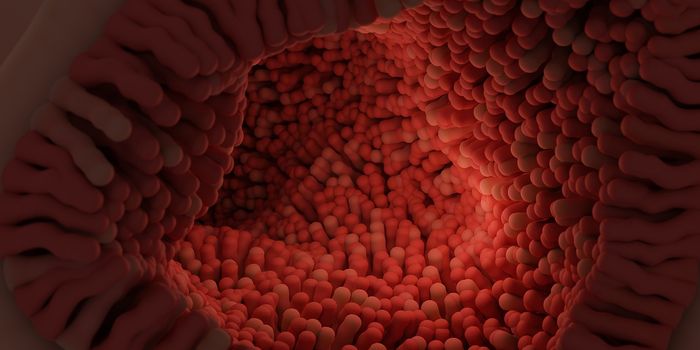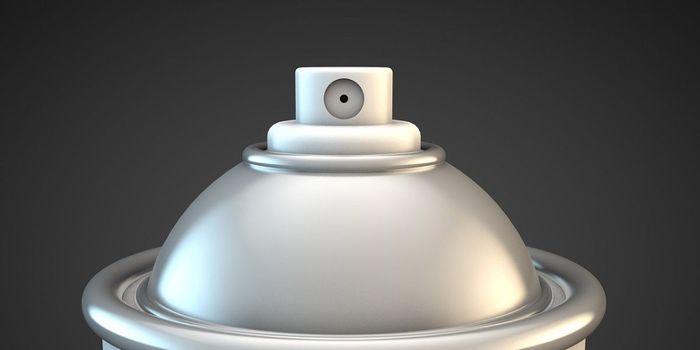Drug That Reverses Immune Aging Can Prevent COVID-19 Death
As we age, parts of our bodies get old and worn out, including the immune system. That's one reason why COVID-19 has been hard on older people. Now, a drug may be able to improve the efficacy of an aged immune system, and improve its ability to fight the virus. Daily doses of the drug, called BGE-175 (asapiprant), were able to prevent fatalities in a mouse model of COVID-19. Reported in Nature, the research suggested that the drug may help protect elderly people from the worst effects of the SARS-CoV-2 virus.
In this study, a mouse model was used that mimics human COVID-19 was created; fluid builds up in their lungs, lung tissue is infected, and levels of pro-inflammatory molecules called cytokines are raised. In an effort to mirror real life, when people seek treatment after they've gotten sick, BGE-175 was only given to the mice after they got sick, two days after the infection began.
A Phase 2 clinical trial is now underway to evaluate BGE-175, which was developed by a biotech company called BioAge Labs.
As the immune system ages, it can't respond to infections as quickly. One reason for that is a signaling pathway that becomes disrupted, which involves a molecule called PGD2. As the pathway is impaired, T cells and antibodies don't react as quickly because dendritic cells move more slowly. Neutrophils also become more aggressive, which damages infected tissues. The aged immune system can't respond rapidly, and the response that's finally triggered may be excessive.
BGE-175 can disrupt the association between PGD2 and its receptor, called DP1, to help reverse the effects of immune aging. The application of BGE-175 helps dendritic cells move more quickly from lung tissue to lymph nodes. The levels of neutrophils in lung tissue were reduced, and more mice survived the infection compared to untreated animals.
When mice that were genetically engineered to lack PGD2 or DP1, they had less inflammation and tissue damage, and were less likely to die of a viral infection. This helps demonstrate that BGE-175 uses the PGD2 pathway.
"Our findings clearly show that the therapeutic target of BGE-175 plays a key role in making the aged lung environment conducive for optimal immune function, and thereby counters immune aging," said study co-author Professor Stanley Perlman, MD, Ph.D., a Pediatric Infectious Physician at the University of Iowa.
The immune system is crucial to our survival, but it also has to be carefully controlled; if inflammation can't be turned off, it can lead to death. Uncontrolled inflammation is associated with some infections, including severe cases of COVID-19. The trial will assess whether BGE-175 can restore regulation in the immune system, and return immune molecule levels to normal.
The researchers are hopeful that since BGE-175 works with the immune system instead of on some portion of the virus, it will be applicable even as the virus continues to mutate into new strains or other viruses.
If the results from the Phase 2 trial are positive, BioAge will be investigating the potential clinical applications of BGE-175, which also include influenza and viral pneumonia.
Sources: BioAge Labs, Nature









